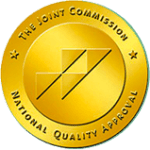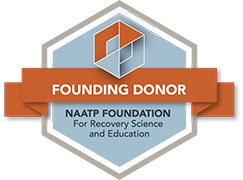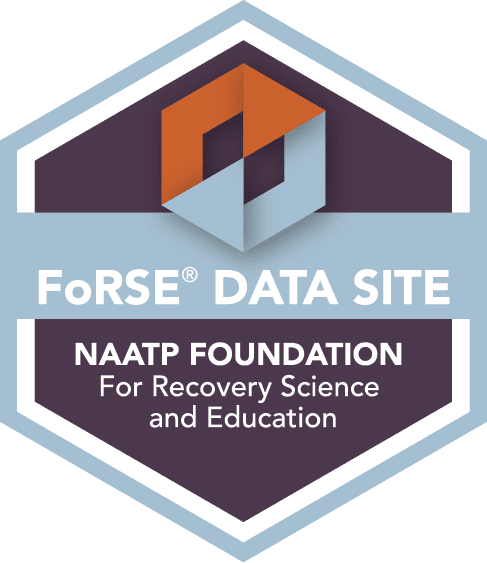Why Goals Are Better Than New Year’s Resolutions
Around this time of the year, it’s common to hear people talking about New Year’s resolutions. Weight loss, fitness goals, smoking cessation, travel plans and more fill the air as friends and family share with one another what they hope to complete within the next 12 months. For years, New Year’s as served as a “clean slate” for achieving dreams that we’re fulfilled the year before – but the truth is, they aren’t that successful. In 2018, Entrepreneur magazine stated that old habits are harder to break than people realize. In fact, they reported about a recent study which indicated that only 9.2 percent of those who make New Year’s resolutions actually achieve them! Are you surprised? Here’s why.
Why New Year’s Resolutions Don’t Work
-
No Plan Is Set
Thrive Global, a website that provides information on well-being, wisdom, wonder and more, suggests that New Year’s resolutions are “all talk” and “no action” – meaning they receive a lot of commentary, but rarely do people actually set forth plans to complete the ideals they so desperately “wish” they could achieve. When we talk about something without actually setting plans towards making that dream a reality, we find ourselves with a huge gap that goes unfulfilled. For those in recovery, this can only foster feelings of guilt or resentment as they quickly realize that their spoken wishes never came to fruition.
-
The Value Isn’t Determined
Those who achieve their dreams explore what those dreams mean to them. They allow the hurt and suffering they’ve endured to propel them through the hardships of achieving their dreams, and they recognize just how much value this dream will bring to their life. Unfortunately, New Year’s resolutions often come with little thought. They are merely wishes rather than goals, and without the value of these goals explored, a person in recovery isn’t going to find their reasons why it’s so important to work towards.
-
Resources Aren’t Fully Utilized
There are so many resources nowadays (including the internet), which makes it that much easier for individuals to find what they need to reach their goals. All too often, however, New Year’s resolutions are forgotten about long before the heavy research has even begun. For those in recovery, resources such as 12-Step program peers and leaders can be of great influence, with therapy and other recovery tools readily available for additional support.
Setting Goals and Reaching Them in Recovery
Unlike New Year’s Resolutions, goals can be set and worked towards any time of the year. They don’t need a “special” day in order to begin – the journey begins when a person starts acting to make them happen. Addiction recovery is about establishing a healthier lifestyle, and this can only be accomplished through small steps over time, which may take a few months or a few years. The following are some tips for working towards your recovery goals:
- Rather than placing emphasis on the bigger picture (which can overwhelm you), create a plan that highlights some of the more recent steps you need to take
- Keep record of your progress so that you can determine what you need to reinforce or change over time
- Remember that it takes several weeks in order to form a new habit, so the transition period recovery – and related goals – will be uncomfortable at times
- Remind yourself of why you decided to embark on this journey. Discover your motivations behind your goal, and create notes to reinforce these
- Educate yourself on what is to be expected as you work towards this new goal. For example, if withdrawal symptoms are involved, learn more about cravings, withdrawal, and strategies to overcome them
- Utilize the help of your 12-Step sponsor, peers, and treatment support team. They’re there to support you, and they believe in you – previous research can attest to just how powerful this type of support is for those in recovery
- Don’t give up. Expect victories and downfalls to occur as you strive towards your goals and consider that as all part of the human experience.
American author and motivational speaker Jack Canfield once stated, “Successful people maintain a positive focus in life no matter what is going on around them. They stay focused on their past successes rather than their past failures, and on the next action steps they need to take to get them closer to the fulfillment of their goals rather than all the other distractions that life presents to them.”
Re-Assess Your Plan
When you’re ready, establish some goals that are specific, measurable, achievable, realistic, and timed. Talk to your recovery support leaders about your plans and ask for advice. Follow successful journeys of others for inspiration but recognize that your own journey may be different. Don’t give up – you have the strength, determination and resources to get you where you need to be.
This is the year to change your life from suffering due to the disease of addiction to thriving in the sunlight of the spirit of sobriety. As the world’s first 12-Step treatment center, established in 1939, High Watch Recovery is dedicated to educating patients on 12-Step principles, actions, philosophies, and lifestyles, preparing them to live a happy and healthy sober life after graduating. For information on our continuum of clinical care and our compassionate approach to treatment, call us today: 860.927.3772.








